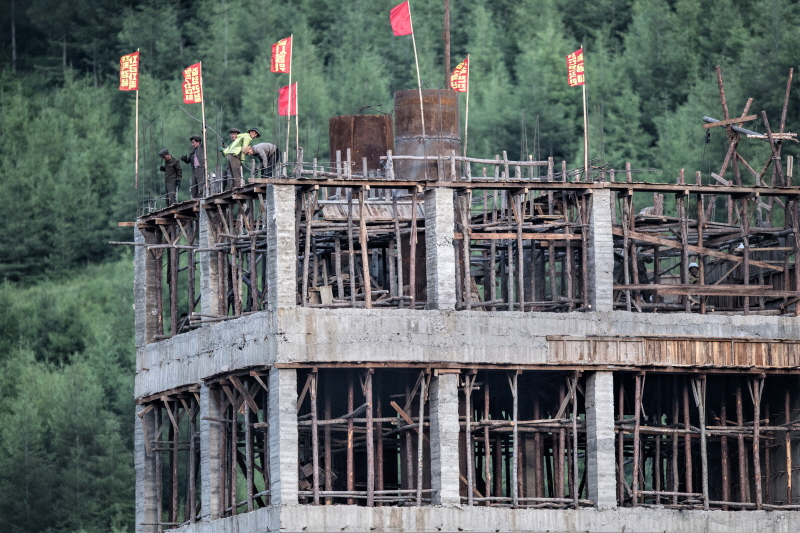A recent UN report has revealed that North Korean workers, both domestically and abroad, are subjected to systematic forced labor. Many overseas workers were compelled to send more money back to North Korea despite their earnings being reduced due to COVID-19-related border lockdowns and a decline in available jobs.
The report titled “Forced Labour by the Democratic People’s Republic of Korea,” released by the UN Human Rights Office on July 16 laid out detailed testimonies of 183 interviews conducted between 2015 and 2023 with defectors and witnesses who have since escaped to South Korea.

“These people are forced to work in intolerable conditions — often in dangerous sectors without pay, free choice, ability to leave, protection, medical care, time off, food and shelter,” said UN Human Rights Chief Volker Turk. “They are placed under constant surveillance, regularly beaten, while women are exposed to continuing risks of sexual violence.”
A North Korean defector who worked at an overseas construction site said, “In the summer, we worked for 17 to 18 hours per day. We were back to our residence by around midnight, and we slept about five hours per day.”
Due to the border shutdown followed by COVID-19, many North Korean workers were not able to return home, the report found. Overseas workers switched from work visas to student visas to avoid sanctions, and many were left overseas with unstable jobs, while still having to pay their quotas.
“I fell from a three-story building, and I was in bed for some months without work,” a North Korean defector who worked at an overseas construction site said. “I still had to pay the company [the North Korean Government] even when I was not working or earning.”
Meanwhile, the report categorized North Korea’s forced labor into six types: labor in detention, compulsory state-assigned jobs, military conscription, revolutionary “shock brigades,” work mobilizations, and overseas work assignments to earn currency for the state.
The most egregious abuses occur in places of detention, the report said, where victims are systematically forced to work under the threat of violence and inhumane conditions. The report suggests that the state’s total control over detainees may, in some cases, amount to “enslavement” and “a crime against humanity.”
The report stated that workers in North Korea recalled “being beaten and having food supplies cut” if daily quotas were not met, and being “sexually abused by a supervisor.”
BY YOUNGNAM KIM, YUJEONG LEE [kim.youngnam@koreadaily.com]




